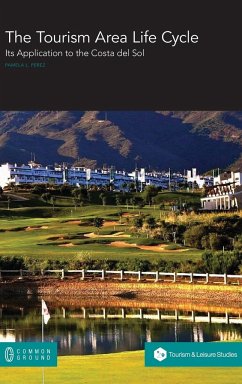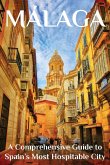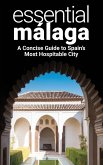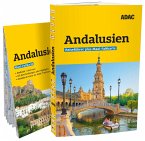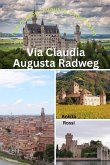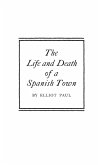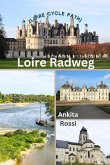This book explores the impact of tourism on the aquatic resources of the Mediterranean tourist destination of the Spanish Costa del Sol. In doing so, this study applies the "Tourism Area Life Cycle" theory. According to this theory, the tourist destination organically is born and evolves through life stages, analogous to a living organism, depending upon the scale of its sociopolitical, economic and environmental circumstances. Most impressively, a newly created stage pertaining to this tourism theory is discovered in this study for this space. This is possible given the destination's particular history, and due to the impact of the operation of almost a hundred golf courses constructed from Malaga to Cádiz, on its environment. In the final analysis, it is an inaugural study, both in form and in function, of the resulting consequences these tourism structures have on the limited aquatic resources of this Mediterranean coastline, nicknamed, and rightly so, the "Costa del Golf." The "Tourism Area Life Cycle" theory, originally conceived by the well-known environmentalist Richard W. Butler, has been applied to such tourist destinations as Hawaii, the Australian Gold Coast, Miami, the Pennsylvanian Amish, and Venice, just to mention a few. However, this book contains its first application ever to the Spanish Costa del Sol, as well as the discovery of a new stage in the life cycle, pertaining to this tourist destination's present circumstances.
Bitte wählen Sie Ihr Anliegen aus.
Rechnungen
Retourenschein anfordern
Bestellstatus
Storno

